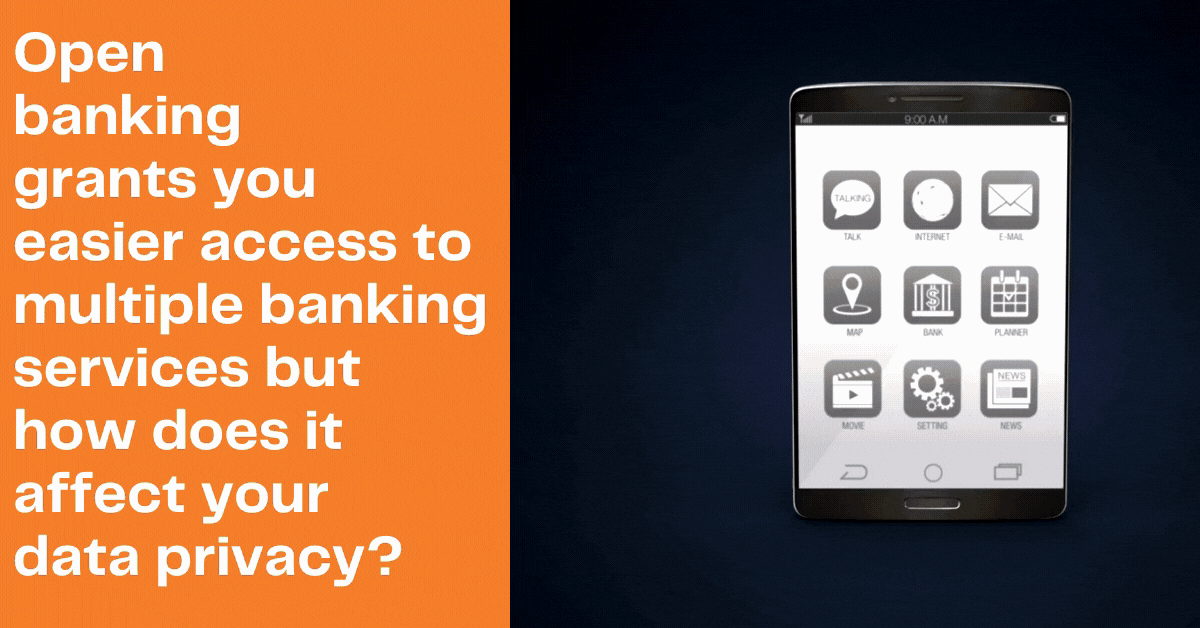
The pandemics might have put many of our plans on the back burner, but for the Swiss financial sector, it is a season of buzzing activity and innovation, new payment options, faster service, and digital authentication. The future, which we carefully designed for the next few years, is coming to our banks sooner than expected. The sudden need to quickly simplify banking procedures, introduce new payment methods, minimize direct contact with bankers, and maintain high-security levels, pushed banks to innovate faster and better. This is precisely why open banking is starting to make waves both in Switzerland and worldwide, coming to banks near you, wherever you are based. In Switzerland, the number of online banking transactions has been steadily rising for years, reaching 154 million domestic transactions and over 713 thousand cross-border transactions in the third quarter of 2020. As online banking penetration in the country is expected to hit 83.1 percent by 2025, the importance of digital banking is undeniable. Open banking is the natural evolution of digital banking, as it facilitates the use of open APIs enabling third-party developers to build applications and services around financial institutions to simplify payment processes and offer the most comfortable customer experience. As the entire banking ecosystem is becoming more connected than ever with the easy flow of data between different providers, many are wondering whether the price for comfort is not paid in security levels. What is actually open banking and how does it impact your data privacy?
Welcome to the world, where your savings, personal finance management, and loans can all be streamlined
Open banking is powered by Application programming interfaces (API), which allow third-party providers easy access to financial information in order to develop new apps and services designed to improve the overall customer experience. APIs give apps direct access to your account balance or specific transaction details without compromising your security, as you do not need to reveal your password to gain access to all extra services that open banking provides. As APIs facilitate data flow between different systems, they introduce streamlined lending, faster loan processing, automated accounting, and easy integration with personal financial management. Since open banking makes it possible for third-party providers to easily access the data they need, it is no longer necessary to prepare tedious applications with information from different sources - lenders and accountants may access it directly, saving you both time and money in the process. The technology has been used for years across different industries. Everyday examples of APIs in action include functionalities such as “Pay with Paypal”, “Log-in using” Google/LinkedIn/Facebook, etc., or travel booking services, like Skyscanner, which quickly exchange data and requests to find the best deals for every traveler. In short, APIs are everywhere, and it looks like their importance is only set to grow in the near future.
Open banking in Switzerland
Switzerland has been adapting to open banking reality by taking a market-oriented approach, rather than introducing new regulations for financial institutions, as the EU and UK did in 2018. While the EU introduced PSD2, which mandates banks to allow third-party providers (TPPS) access to their data, The UK developed the API standard, which has a broader functional scope than the EU’s directive. Switzerland’s approach to open banking is different, as it includes market-driven partnerships, which set out to establish common standards, that would lay foundations for Swiss open banking. Swiss Fintech Innovations (SFTI) Common API, and the Open Banking Project unite many banks and third-party providers, which are working together to create a friendly environment for open banking initiatives. Open Banking has been gaining popularity in Switzerland during the last two years, but the interest in the technology started earlier, as telco giant Swisscom launched its Open Banking Hub back in 2017. At the moment, there are many different projects focused on Swiss open banking, for example, Avaloq.one, b.Link by SIX, the Lenzburg/Finstar Open Banking platform, the Finnova Open Platform, and the Swisscom Open Banking Hub. They all work to create harmonized and clear frameworks for open banking, especially when it comes to payment services and lending, recognizing the possibility technology might bring with cautious enthusiasm. The Swiss Bankers Associations’ (SBA) official position on open banking centers around the idea that the market should be regulated by “free competition and customers needs”, rather than regulatory measures. SBA recognizes the potential of open banking for the Swiss financial center but emphasizes that “trust in the financial centre” must remain strong. Given that the Swiss financial systems are built on trust and regulatory security, how does open banking look from a legal perspective?
The regulatory frameworks for open banking, data protection included
With the rising popularity of open banking, its digital infrastructure is still in the making, but certain financial market services, like online brokering systems, generally require a license from the Swiss Financial Market Supervisory Authority (FINMA). Payment systems might, on the other hand, qualify for special provisions under the Financial Market Infrastructure Act (FMIA), which allow them to function without a license unless it is required for the good functioning of the financial market. All third-party providers are also subject to anti-money laundering regulations. Since open banking is based on the free flow of data, many people are concerned with data privacy issues that might arise when institutions can easily access your personal information. All financial intermediaries have to ensure that the services they provide comply with data protection regulations. Data Protection Act (DPA) and ordinance (DPO) must be followed to ensure the highest security standards. For that very reason, no personal data may be collected if it is not directly required for transaction processing. DPA is relevant for all parties involved in open banking practices. Moreover, Swiss banks have to apply GDPR in their practices, and the Swiss data protection regulations are set to be amended soon. Legal compliance related to monitoring transactions and customer behavior will play a crucial role in both European and Swiss data privacy regulations. In an era, when data is the new oil, data protection is more important than ever.
The era of open banking has just begun, but it is set to revolutionize the way we approach our finances. The streamlined flow of data allows us to access services faster and more easily than ever, creating a better customer experience across numerous industries. As banks, customers, and third-party providers start to navigate the new API-powered reality, the question of data privacy remains essential to further development of the technology.
Sources:
https://blogs.deloitte.ch/banking/2019/03/open-banking-in-switzerland-apis-as-a-game-changer.html
https://fintechnews.ch/open-banking/overview-of-open-banking-in-switzerland-2020/37870/
https://www.openbankingproject.ch/en/open-banking/legal-and-regulatory/
https://www.swissbanking.org/en/topics/digitisation/open-banking-and-standardised-interfaces-apis
https://www.openbankingproject.ch/media/1110/191004_legal-and-regulatory.pdf





